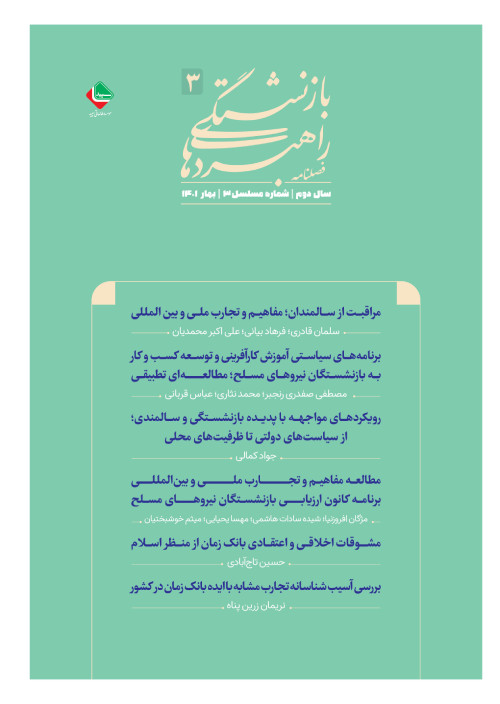A Review of National and International Concepts and Experiences of Knowledge Management and Transfer of Retirees' Experience to Employees
The retirement of government employees, as well as their transfer between different departments, creates a new challenge for retaining knowledge and preserving organizational memory, and subsequently training new employees. This is a major problem for many governments. Government agencies need to take the initiative to preserve the knowledge of senior staff because otherwise it will be difficult to provide services to the public sector. Therefore, gaining knowledge from senior staff and then passing it on to other staff as well as updating what has been learned over time is crucial.Today, one of the main assets of organizations is the expertise and competencies of human resources and knowledge sharing mechanisms in them. Now the question arises that considering the change of manpower working in the organization and the departure of some of them due to retirement, how can we be sure that organizational knowledge will be continuously maintained and developed? Or how can we be sure that the power that the organization has acquired in terms of knowledge and intellectual capital will remain sustainable? In other words, how can knowledge be prevented from leaving the organization when people retire? Creating a knowledge management system due to the importance of knowledge and successful experiences of individuals and its dissemination and expansion throughout the organization is a good solution to maintain organizational authority in terms of knowledge and wisdom.
- حق عضویت دریافتی صرف حمایت از نشریات عضو و نگهداری، تکمیل و توسعه مگیران میشود.
- پرداخت حق اشتراک و دانلود مقالات اجازه بازنشر آن در سایر رسانههای چاپی و دیجیتال را به کاربر نمیدهد.


